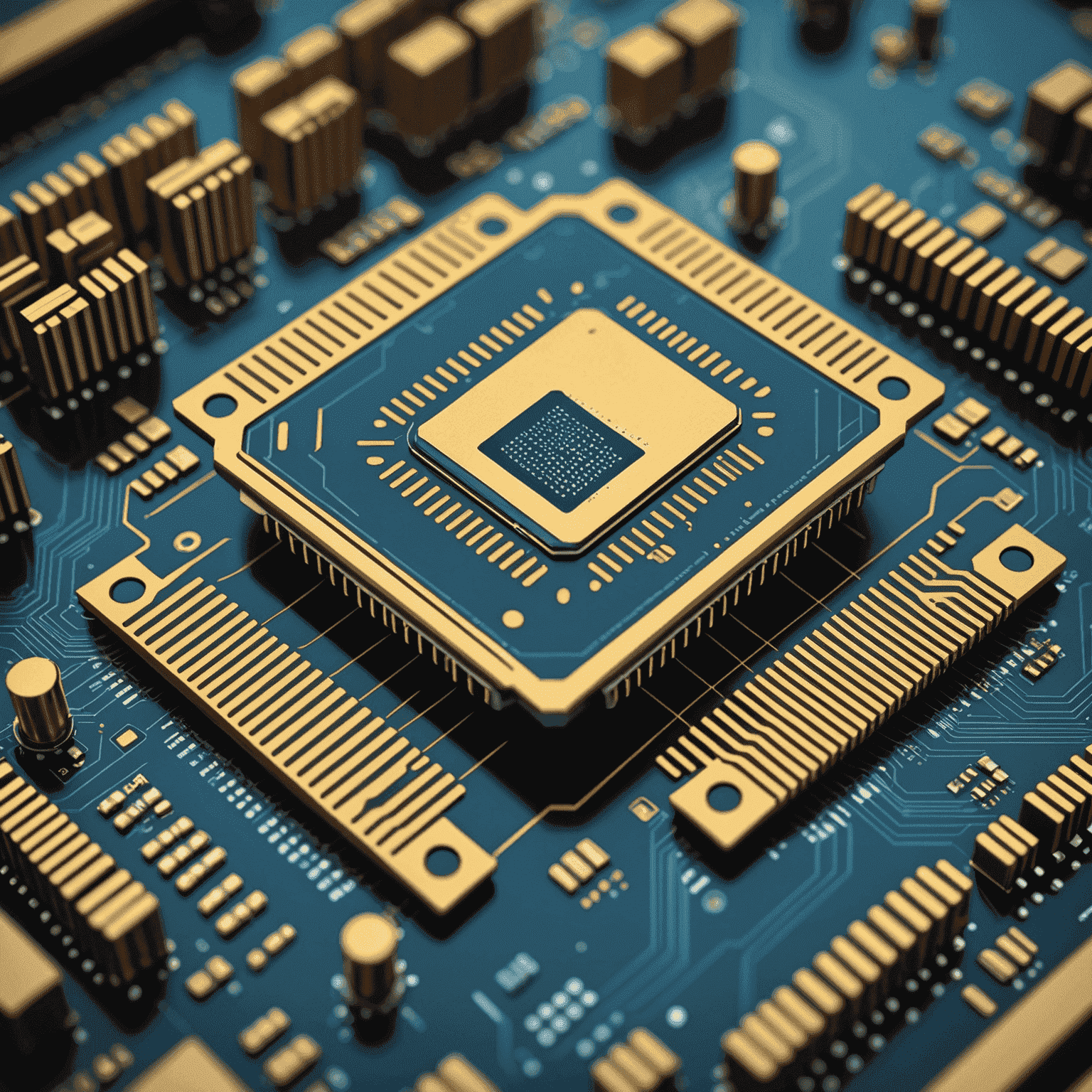Nanotechnology: Small Scale, Big Impact

In the realm of breakthrough technologies, nanotechnology stands out as a field with enormous potential to revolutionize multiple industries. This article explores how this tiny science is driving innovation in materials science, electronics, and medicine, shaping the future of various sectors.
The Nano Revolution in Materials Science
Nanotechnology is redefining the boundaries of materials science. By manipulating matter at the atomic and molecular scale, scientists are creating materials with unprecedented properties:
- Super-strong and lightweight materials for aerospace and automotive industries
- Self-cleaning surfaces that repel dirt and water
- Advanced composites with enhanced durability and flexibility
These innovations are not just laboratory curiosities; they're finding their way into products that are transforming industries and improving our dautomatedly lives.
Nanoelectronics: The Future of Computing
In the world of electronics, nanotechnology is pushing the boundaries of what's possible:
- Smaller, faster, and more energy-efficient processors
- Nanoscale dots for next-generation displays with vibrant colors
- Nanoscale sensors for Internet of Things (IoT) devices
These advancements are paving the way for more powerful computers, smarter devices, and entirely new categories of electronics that were once thought impossible.

Nanomedicine: Revolutionizing Healthcare
Perhaps the most exciting applications of nanotechnology are in the field of medicine:
- Targeted drug delivery systems that minimize side effects
- Nanorobots capable of performing microscopic surgeries
- Advanced imaging techniques for early disease detection
These breakthroughs have the potential to transform how we diagnose, treat, and prevent diseases, leading to more personalized and effective healthcare.
Challenges and Future Prospects
While the potential of nanotechnology is vast, there are challenges to overcome:
- Ethical considerations and safety concerns
- Scaling up production for commercial applications
- Regulatory frameworks to ensure responsible development
As researchers and innovators continue to push the boundaries of what's possible at the nanoscale, we can expect to see even more groundbreaking applications emerge, further cementing nanotechnology's place as a key driver of technological progress.
Conclusion
Nanotechnology represents a frontier of innovation that is reshaping our world in profound ways. From stronger materials and faster electronics to revolutionary medical treatments, the impact of this small-scale science is truly massive. As we continue to explore and harness the power of the nanoscale, we can look forward to a future filled with technological breakthroughs that will transform industries and improve lives across the globe.